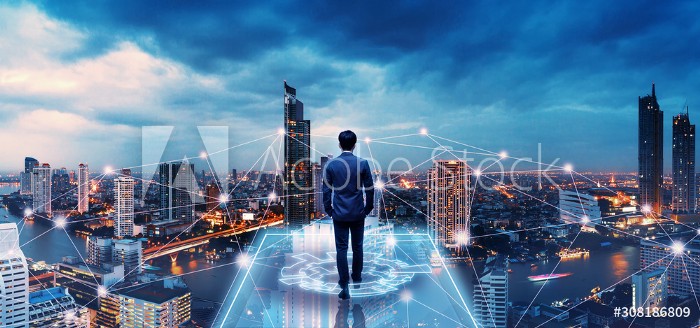What does the future hold for employment?
Unless you have been hiding underneath a rock in recent times, you’ve most likely been bombarded with news about how current events are permanently shaping the face of the world as well as the way people function. While it is imperative that we need to work to live, what’s still quite unclear is how employment and the workplace will appear in the not so distant future.
The COVID-19 pandemic has resulted in a work-related revolution of sorts involving tens of millions of people in the industrialized world suddenly finding themselves doing their jobs remotely from home.
While working from the comfort of one’s own living room (or damn near any place on the planet with acceptable Wi-Fi for that matter) has been becoming increasingly the ‘thing of the now’ for several years, many experts predict that will become even more widespread, perhaps even making the office a relic of the past.
Sadly, with the seemingly relentless onslaught of newer and newer technology, many of the professions that gainfully employ people today will be phased out within the next 10–30 years. Say goodbye to:
- travel agents
- cashiers
- fast-food workers
- mail carriers
- bank tellers
- textile workers, and a host of other once — necessary jobs.
Even though we won’t be faced with a completely automated future, the once-thriving North American manufacturing industry (despite what politicians would have the public believe) is never coming back, at least not in the form of a young man graduating from high school, starting on the floor of the local plant and working his way on up to vice president of communications before retiring with a gold — plated pension. That’s so 1960s.
According to Resumeble your skills as a:
- space pilot
- data detective
- ethical sourcing manager
- and extinct species revivalists are likely to be way more in demand than a truck driver, tradesperson, or even a healthcare professional.
Now, consider for a moment what a future with more people than jobs to keep them employed could look like. Fears of such a scenario have prompted social scientists and economists to urge governments to consider the impacts of automation and AI (artificial intelligence) and redesign social programs and pension systems to meet this new reality. The concept of a UBI (universal basic income) has been criticized by as many people as it has been lauded.
A recent report has announced that fertility rates are crashing globally, meaning the majority of the world’s countries will have shrinking populations by the end of the 21st Century. Could this decline in birth rates be linked to the rise in urban living, longer lifespans, and the need for fewer workers? It’s too early to tell, but to some, it makes perfect sense.
As always, when certain professions are made obsolete, others are created to fill the employment gaps. Jobs related to developing and implementing new technologies are expected to grow exponentially between now and 2030. Lastly, with a complete societal turnaround with regards to how humans work and earn money, will public school systems also need to change to reflect this new reality? At present, the public education model is largely based on a Victorian archetype, whereby children were given basic education before going off to the factory as they reached young adulthood. Today’s society is different — very different. The factory full of workers supporting their families of yesterday has been replaced by one staffed heavily with machines.
Yes, the future does appear to be uncertain and even a bit scary right now. But, with any hope, there will be a silver lining that creates even more wealth and prosperity with all the new jobs that will be created.
Chris McGarry is an author, copywriter, editor, and article writer. He loves working with words and crafting amazing stories for print and online. When not writing, you can find him reading dystopian fiction, traveling around North America or the world, working out in the gym, or playing music trivia.
